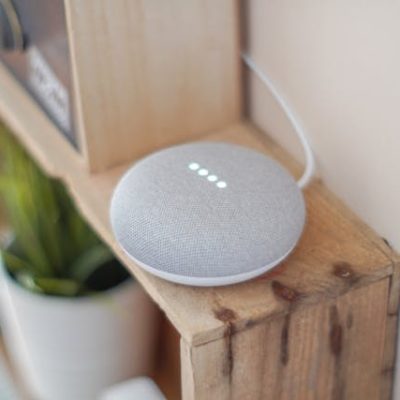Homeowner loans are ‘secured loans’ that allow you to borrow high amount of money from the banks. They are called “secured” because you offer the lender collateral, i.e. your house (or similar property) in case you’re unable to pay off your debt. This is their motive and security to offer you a loan in the first place. The amount of loan can start from $5,000 and go up to $250,000 or more. Such type of loans for unemployed people can be extremely helpful in financial situations requiring large amount of money, such as, setting up a new business. Most homeowner loans offer customizable repayment durations; 3 years or 20, it’s your choice.

Different Types of Homeowner Loans
There are two main types of homeowner loans: fixed rate and adjustable rate loans. Fixed rate loans, as the name suggests, are loans with a fixed interest rate that carries till the duration of the loan. The main advantage for fixed rate loans is that they offer a consistent monthly charge, without any variations; however, they can be extremely costly in the long run. Although you can choose to pay off your debt earlier than your plan is for, this may have early repayment fees attached.
Adjustable rate loans have interest rates that depend on stock and market shares of the lending bank; which means you might end up paying less or more than you have planned. It is only advisable to get variable rate loans in an economically stable market; fluctuations could end up being for the worse.
Using the services of a professional to decide for a homeowner loan is a good idea, and choosing the right type of loan is essential to your comfort in repayment. Hiring a consultant may be costly initially, but will prove to be cost-saving in the long run.
Do you Qualify for a Homeowner Loan?
Before you apply for a homeowner loan, you need to assess whether you’re eligible for it or not. As homeowner loans are secured, with your property given as security to the creditor, they are much easier to get than unsecured loans ― probably the biggest reason for their popularity. Unsecured loans not only demand a good credit score, but also offer lower interest rates. However, this is not the case in homeowner loans. Banks have a lot less to risk in these loans, and don’t hesitate much before approving one. Having a few dents in your credit history won’t hurt, but too many might make the bank rethink your application. The bank needs to be sure you make your monthly payments; so it’s always better to have a reasonable credit history.
Besides the formalities, you need to personally gauge whether you’ll be able to make the monthly payments on the loan you’ve demanded. Taking a loan and burying yourself under debt, without having enough resources to repay it is inviting trouble. Hence, always make informed and alert choices for your own betterment!




